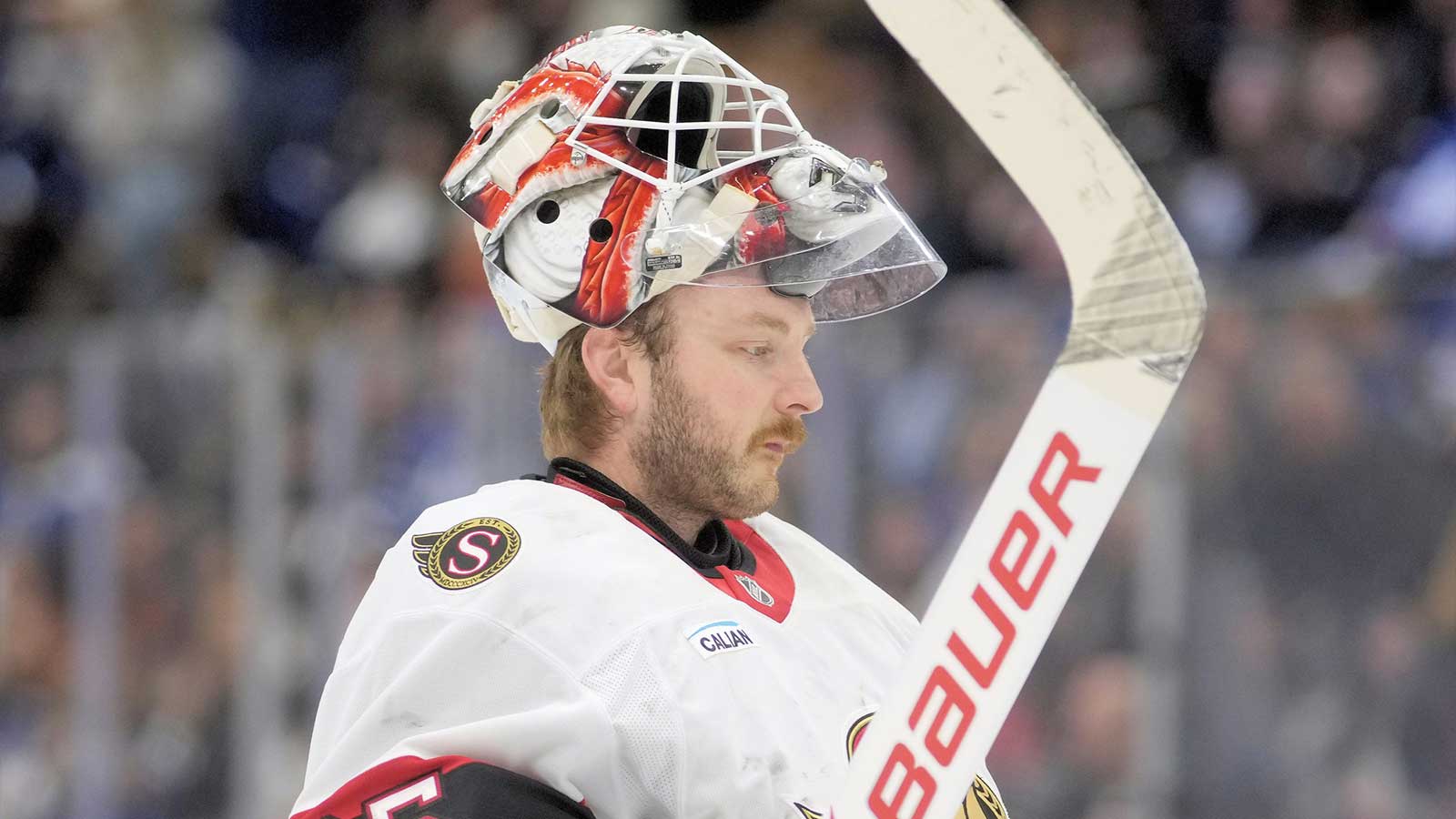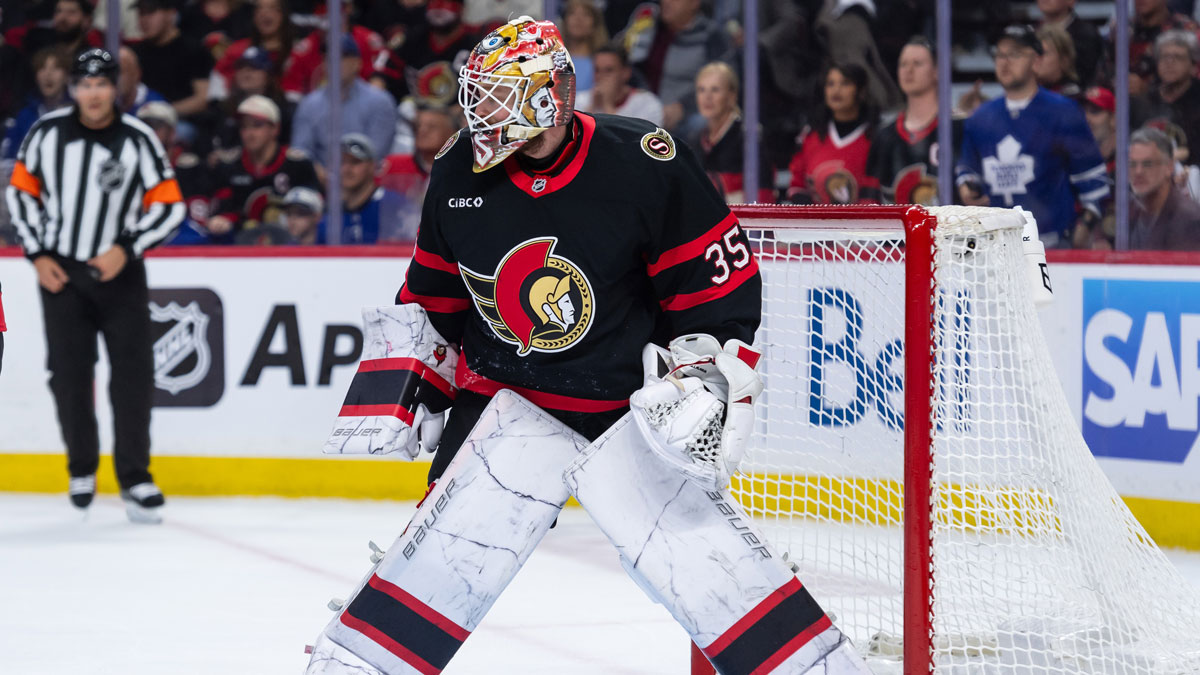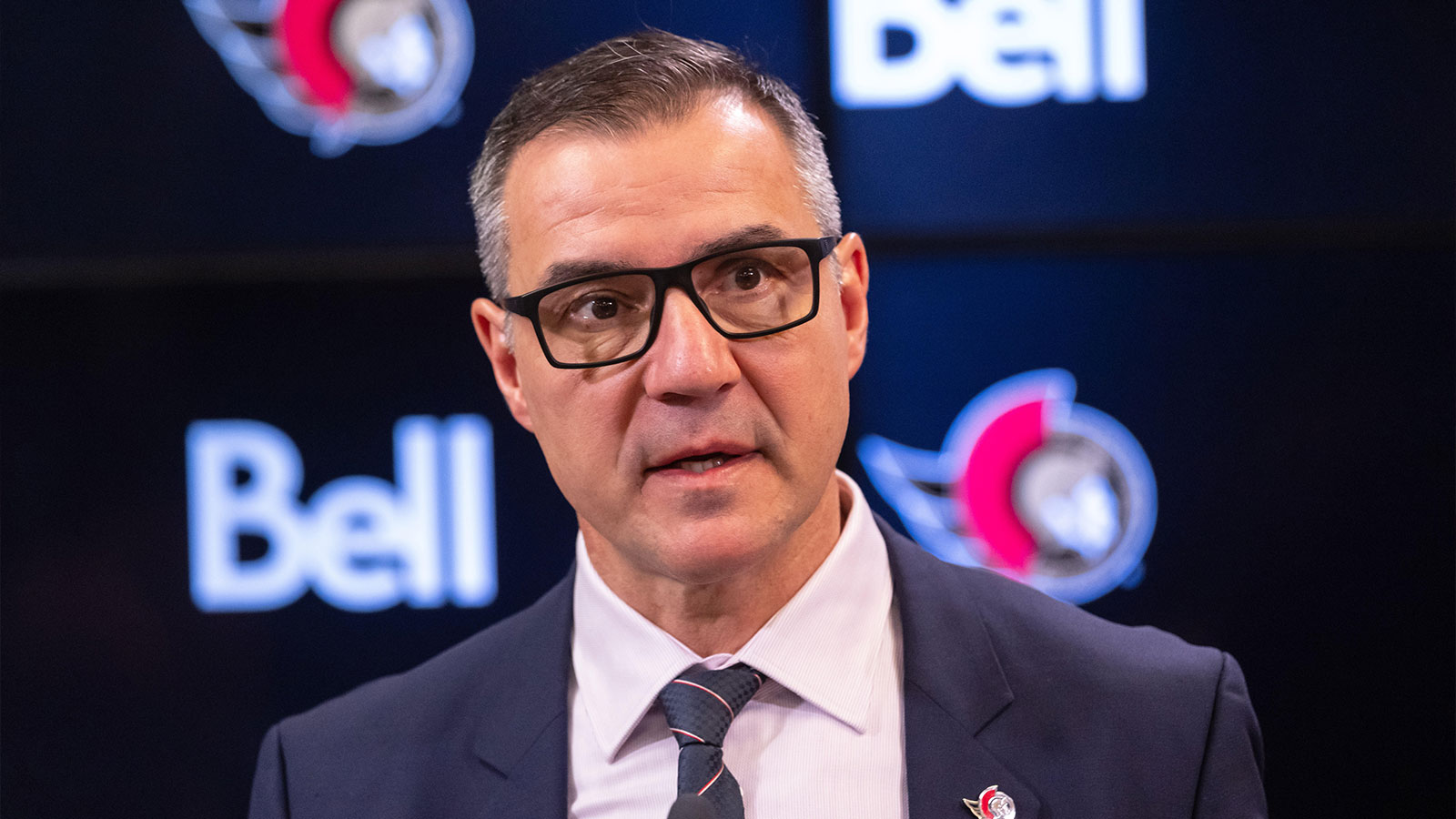The Ottawa Senators are no strangers to on-ice battles, but captain Brady Tkachuk recently revealed he’s been dealing with a very different type of confrontation, one that comes from sports gamblers off the ice. In an interview with ESPN’s Greg Wyshynski, Tkachuk explained that he once had a public Venmo account under his own name, which allowed anyone to easily find and contact him.
It didn’t take long before sports bettors began exploiting that access. After games where he didn’t meet certain expectations tied to wagers, strangers would send him unsolicited payment requests. The messages were often sarcastic, demanding compensation for lost bets.
“People think I’m really going to send them money?” Tkachuk said in disbelief. “You really think I care about your parlay?”
"Do you really think I care about your parlay?"
Brady Tkachuk (@Senators) tells me that he changed his Venmo because so many gamblers were asking him to cover their losses. #NHL pic.twitter.com/VjqywJAlqy
— Greg Wyshynski (@wyshynski) August 12, 2025
Frustrated by the barrage, Tkachuk decided to change his Venmo profile settings, making it more difficult for the public to track him down. While it was a simple fix, the experience reflects a growing challenge for professional athletes in an era where sports betting is more accessible and more personal than ever before.
Athletes have always dealt with criticism from fans, but direct access through social media and other platforms has changed the dynamic. Now, payment apps like Venmo are being used to reach players in ways that blur the lines between fan engagement and harassment.
In Tkachuk’s case, the entitlement displayed by some bettors, believing he should reimburse them for a bad night’s wager, underscores how betting culture can distort perceptions of an athlete’s role. NHL players compete to win and perform for their teams, not to fulfill betting lines or props.
Tkachuk’s comments come at a time when Venmo and gambling have been in the news for other reasons. Recently, Oklahoma quarterback John Mateer drew attention over public Venmo transactions labeled as sports bets, igniting debates about the overlap between athletes, betting platforms, and fan behavior.
While the situations differ, they share a common thread: sports betting is now entrenched in the sports landscape, and it’s creating new, and sometimes uncomfortable, points of contact between players and the public.
For the Senators captain, the core message is simple. Athletes dedicate their entire lives to reaching the top level of competition. Their focus is on performance, team success, and self-improvement — not on whether a bettor’s multi-leg parlay cashes.
Still, a small minority of fans continue to direct frustrations at players when bets go wrong. In Tkachuk’s case, that meant a string of Venmo requests after games, which served as both a distraction and a nuisance.
By adjusting his privacy settings, Tkachuk removed the direct link for those interactions. But the episode highlights a broader conversation about boundaries between athletes and fans in the gambling era. While technology can bring supporters closer to their favorite players, it can also open doors for negativity and unrealistic expectations.
For now, Tkachuk’s stance is clear: his responsibility is to his team and the game, not to a stranger’s betting slip. In his own words, he doesn’t care about anyone’s parlay; he cares about helping the Ottawa Senators win.




















